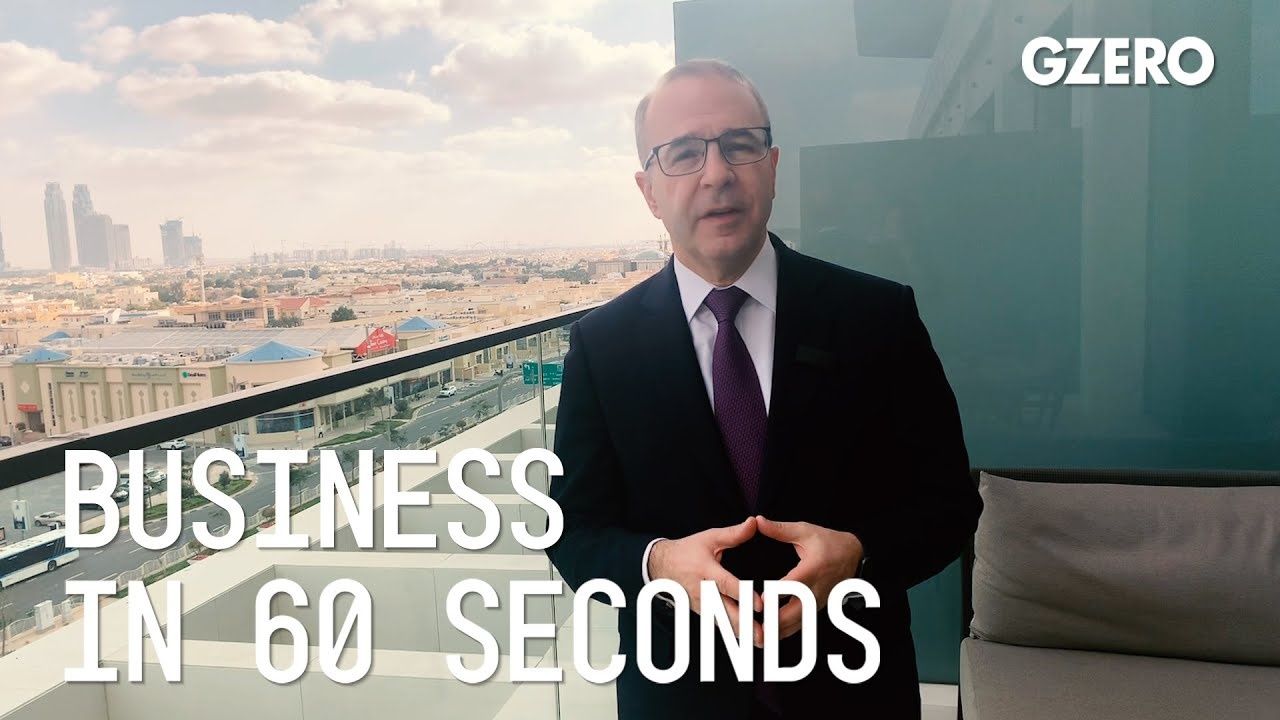
Kevin Sneader, global managing partner of McKinsey & Company, answers the question: Are CEOs getting real about climate change?
The answer, yes. Why? One, it's personal. Many have watched with horror the wildfires that took place recently. Others have even been evacuated. And for some, the snow set in Davos, they experienced incredibly mild temperatures that laid all to quip that climate change really has arrived. But the other reasons are a growing understanding of the nature of climate change.
One, the threat is increasing. A real sense of that from the data and statistics. Two, it's systemic. It doesn't just impact an action that one person can take, there's a whole system that needs to change. Three, it's regressive. Many are worried that the actions the world needs to take actually hit hardest those least able to afford to pay. Fourth, it's geographic. It tends to concentrate in geography. It's often places where supply chains are also located. Fifth, there's a growing understanding that this is dynamic. The nature of the threat keeps changing.
Faced with all that, how can a CEO not take action? And that's why, for many, this is no longer something on the side. It's integral to their business plans and they're spending real time on it.